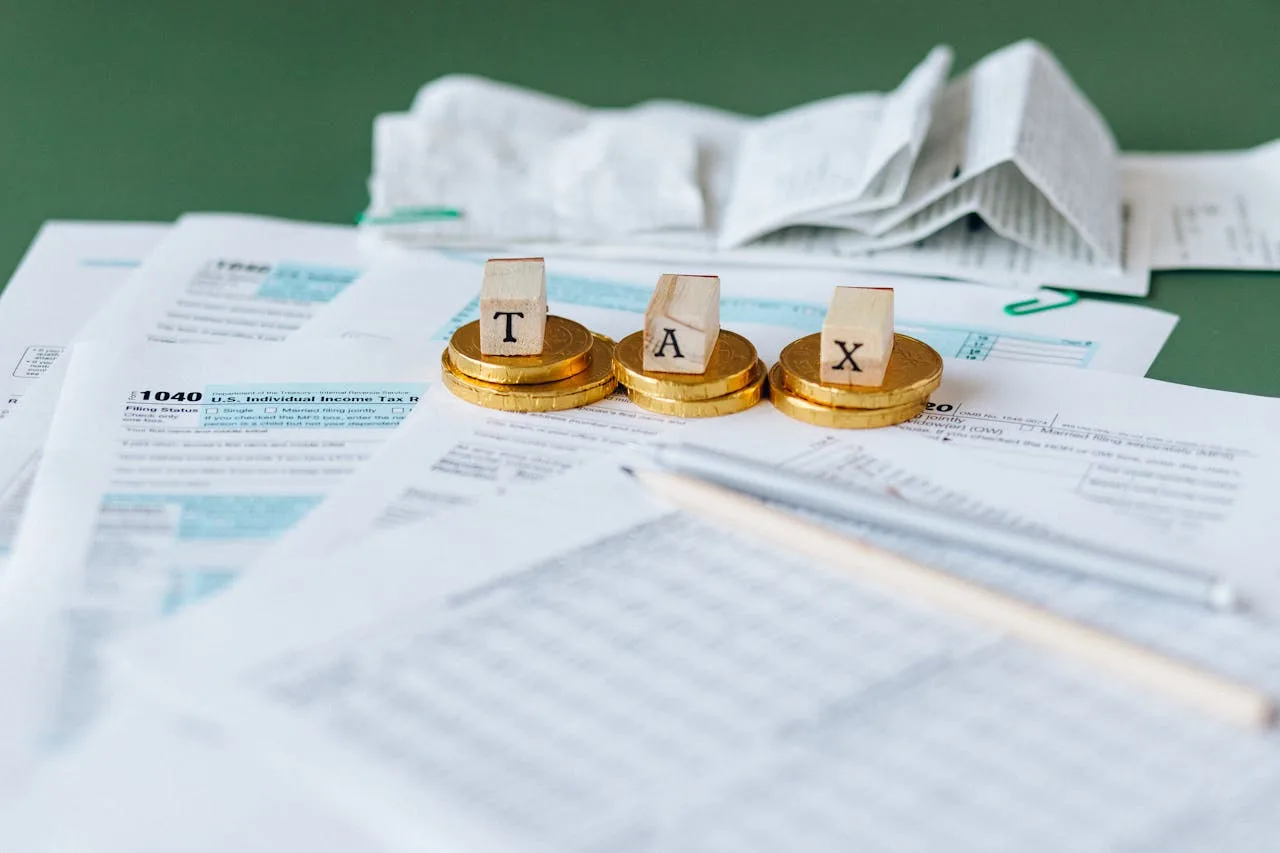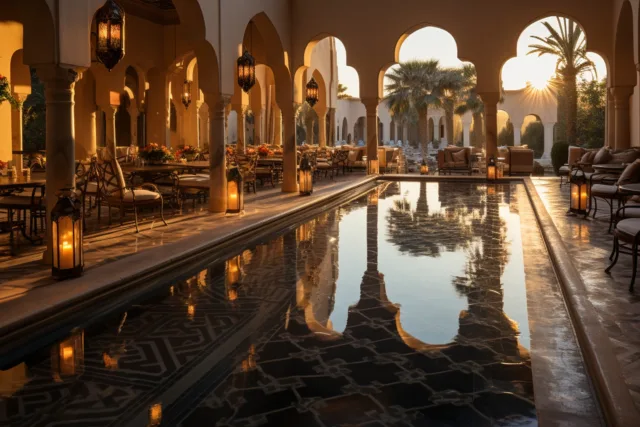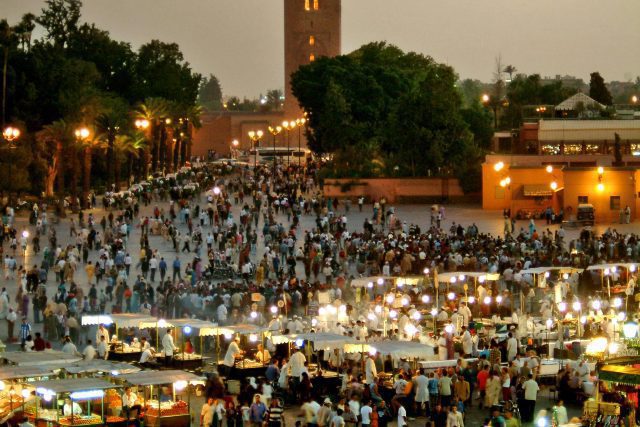
Tax Benefits for Foreign Investors in Morocco: 2025 Guide
Morocco has served for many years as a bridge between Africa, Europe, and the Middle East. In 2025, it continues to stand out as an ideal business and real estate investment destination. Its strategic location is not the only factor — the tax benefits for foreign investors in Morocco also lower entry costs, increase returns, and encourage long-term capital deployment.
This guide explores the key tax advantages international investors can access, how they apply to real estate and business, and what to expect in 2025.
Why Morocco Attracts Foreign Investors
Before diving into the details of taxation, it’s important to understand why Morocco is an attractive investment location:
- Strategic Location: Positioned between Europe and Africa, Morocco provides direct access to EU, African Union, and Middle Eastern markets.
- Growing Economy: With steady GDP growth despite global volatility, Morocco continues to thrive economically.
- Political Stability: A favourable regulatory framework allows foreign ownership of property and businesses.
- Real Estate Potential: Marrakech, Casablanca, Rabat, and coastal cities like Agadir and Essaouira offer affordability and lifestyle benefits.
By 2025, Morocco stands out thanks to attractive tax incentives designed to encourage international investment.
Real Estate Tax Benefits for Foreign Investors
Foreigners can legally purchase property in Morocco, and the government offers multiple incentives that make it even more appealing:
1. Exemption from Double Taxation
Morocco has signed tax treaties with more than 50 countries, including France, Spain, the UK, and the U.S. These treaties prevent investors from paying income tax twice — once in Morocco and again in their home country.
2. Reduced Capital Gains Tax
Capital gains tax (CGT) on property sales in Morocco is usually 20%, but exemptions apply:
- Main residence exemption: No CGT if the property was your primary residence for at least six years.
- Partial exemptions: Discounts for long-term ownership or reinvestment in Moroccan property.
3. Rental Income Tax Advantages
Rental income from Moroccan properties is taxed, but investors benefit from:
- Progressive tax rates starting as low as 10%.
- Deductible expenses such as maintenance, property management, and mortgage interest.
This makes investing in long-term leases or Airbnb rentals in Marrakech highly profitable compared to many European markets.
4. VAT Exemption on New Builds
Developers and buyers of certain new-build projects may qualify for VAT exemptions, significantly reducing acquisition costs. This is common in Morocco’s affordable housing programmes.
Business and Corporate Tax Benefits
Morocco also provides favourable tax regimes for international businesses:
1. Free Zone Incentives
Special Economic Zones (SEZs) such as Tangier Med, Casablanca Finance City, and Agadir offer:
- 0% corporate tax for the first five years.
- Reduced corporate tax of 8.75% for international service companies after the holiday period.
- No VAT or customs duties on imports used in production/export.
2. Casablanca Finance City (CFC) Status
Foreign companies with CFC status enjoy:
- Exemption from foreign exchange controls.
- Exemption from VAT on selected services.
- Lower corporate tax rates compared to the standard 30%.
3. Investment Charter Incentives
The updated Investment Charter (2023) introduced new benefits for foreign investors:
- State contribution of up to 30% of investment costs for large projects.
- Exemption from customs duties on imported equipment.
- Reduced registration fees for new businesses.
Other Tax Advantages in Morocco
- No Wealth Tax: Unlike France or Spain, Morocco does not impose wealth tax on assets.
- Inheritance and Gift Tax: favourable compared to many European systems, supporting succession planning.
- Tourism Incentives: Tax breaks for hotels, resorts, and tourism-focused real estate projects.
Practical Example: Investing in Marrakech
Consider a European investor buying a €350,000 villa in Marrakech:
- Annual rental yields: 8–12% through short-term rentals like Airbnb.
- Deductible expenses: management, maintenance, and loan interest reduce taxable income.
- Capital gains tax exemption is possible after six years if used as a main residence.
- Double tax treaties ensure income isn’t taxed twice.
This combination of affordability, strong yields, and tax benefits for foreign investors in Morocco makes Marrakech one of Africa’s most attractive real estate markets.
Risks and Considerations
Despite the advantages, investors should keep in mind:
- Bureaucracy: Administrative processes may be lengthy without legal guidance.
- Changing Laws: Tax rules may evolve; staying updated is essential.
- Local Expertise: Working with trusted real estate lawyers and agents is critical to avoid pitfalls.
Expert Insights
Reports from Knight Frank highlight Morocco’s rising popularity among foreign buyers, citing affordability and tax incentives as key growth drivers.
Conclusion: Morocco’s Tax Advantage
Morocco’s combination of affordable real estate, strategic location, and favourable tax incentives makes it one of the most attractive destinations for foreign investors in 2025. From reduced capital gains tax and double taxation treaties to corporate tax holidays in free zones, the opportunities are significant.
For investors seeking diversification, steady returns, and long-term growth, the tax benefits for foreign investors in Morocco provide a clear competitive advantage over other emerging markets.
Are you ready to take advantage of Morocco’s tax-friendly real estate market? At Orchid Island, we guide foreign buyers and investors through every step of the process — from identifying properties to navigating Morocco’s tax and legal systems.
Browse our latest investment properties or contact us today for tailored advice.




Leave a Reply